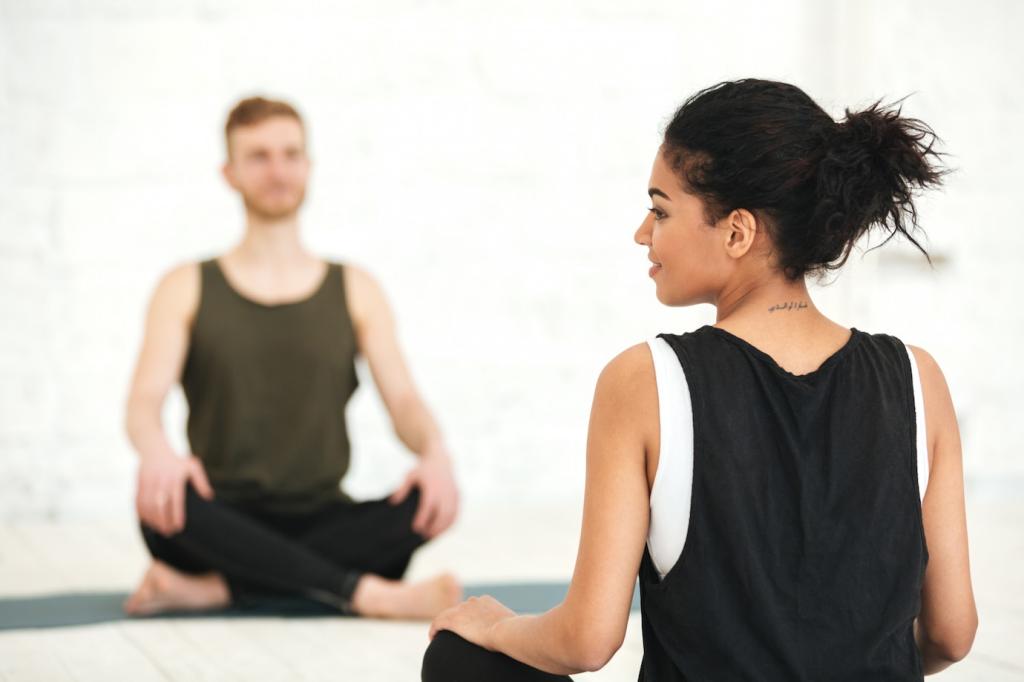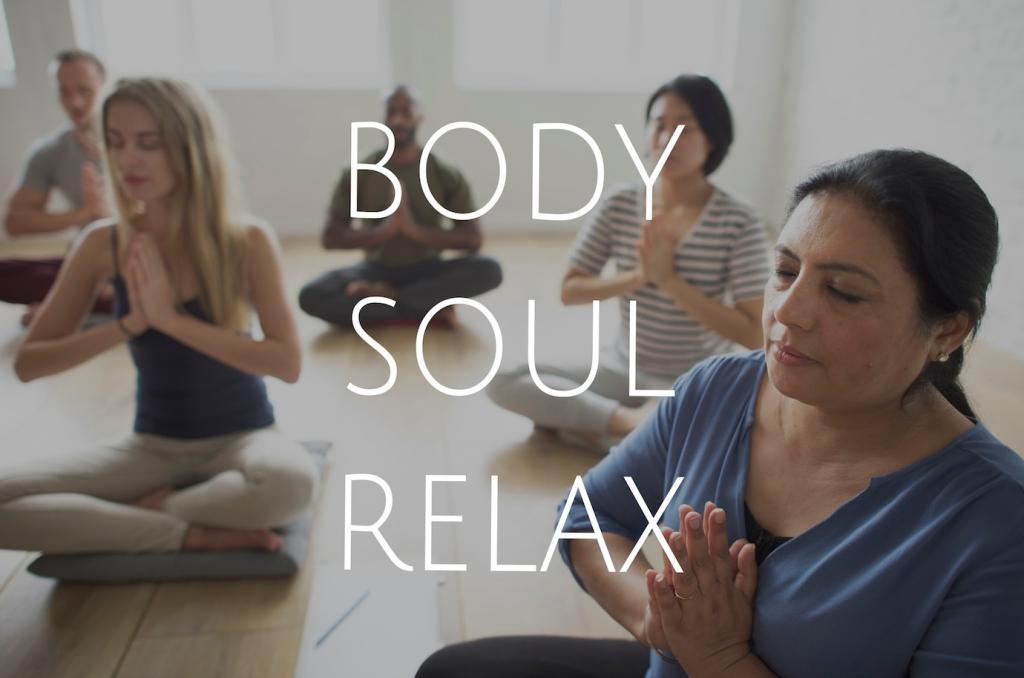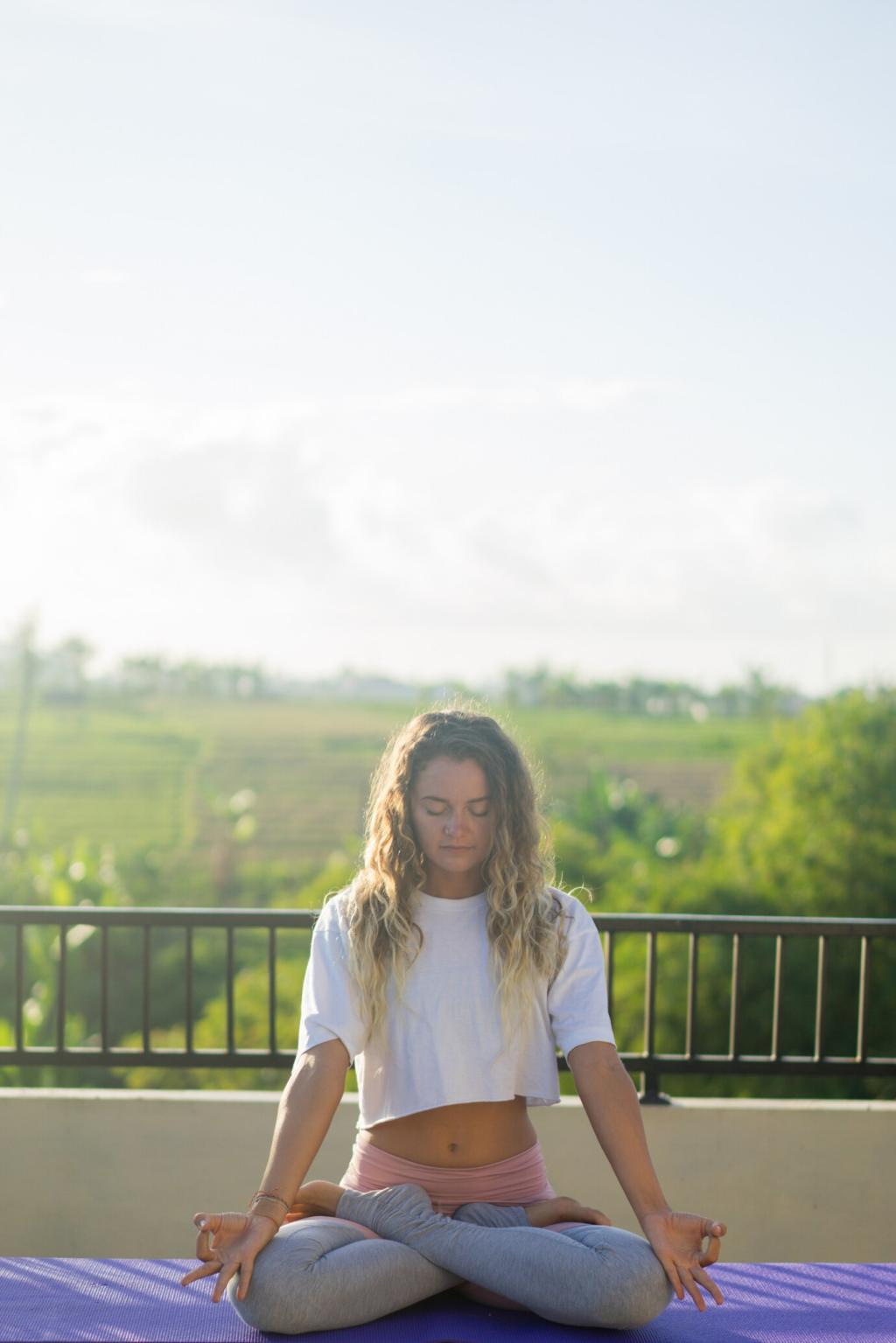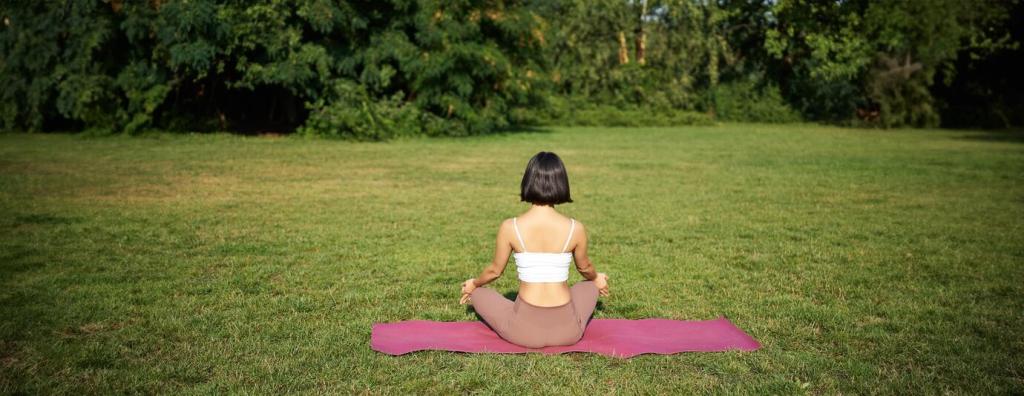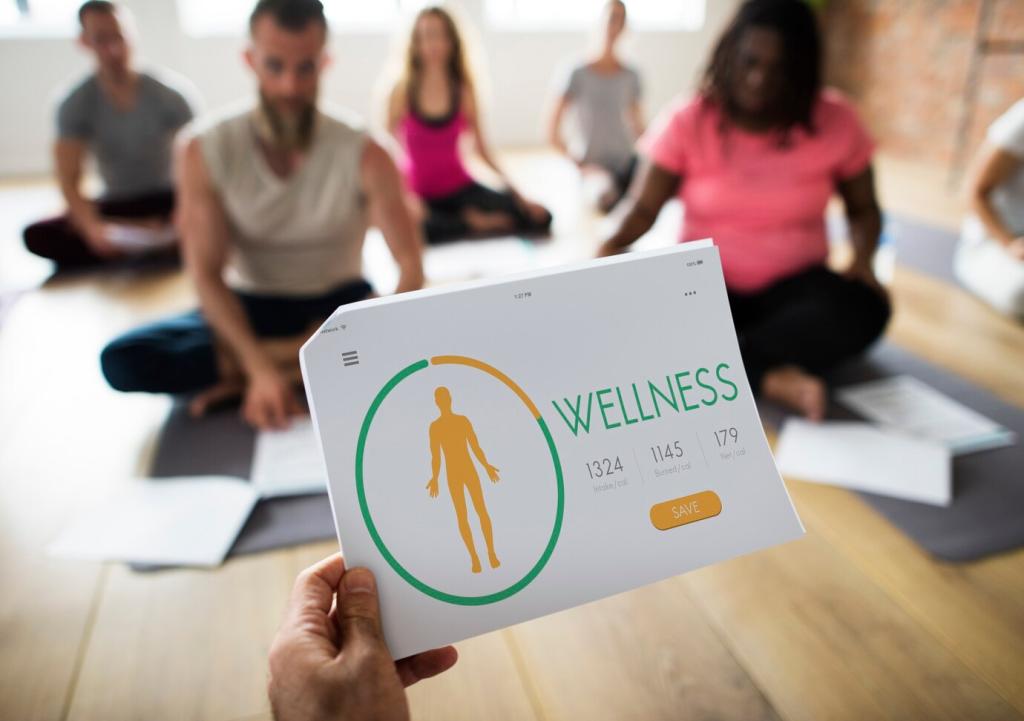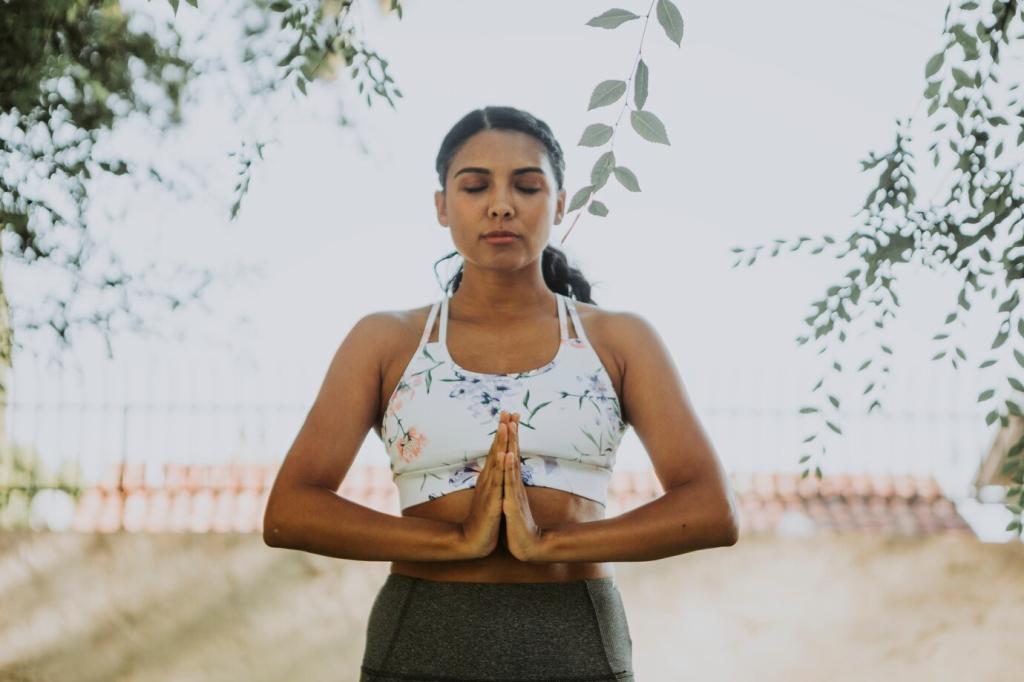Setting Up Your Practice Space
Choose a spot with minimal interruption, a chair or cushion, and perhaps a soft light. Keep it simple and consistent so the location becomes a reliable anchor. Snap a photo of your nook and share inspiration.
Setting Up Your Practice Space
Think long spine, relaxed shoulders, and grounded feet or sit bones. Comfort matters, but so does alertness. Adjust gently, and let posture express dignity without strain. Tell us which adjustments helped you feel stable yet relaxed today.

